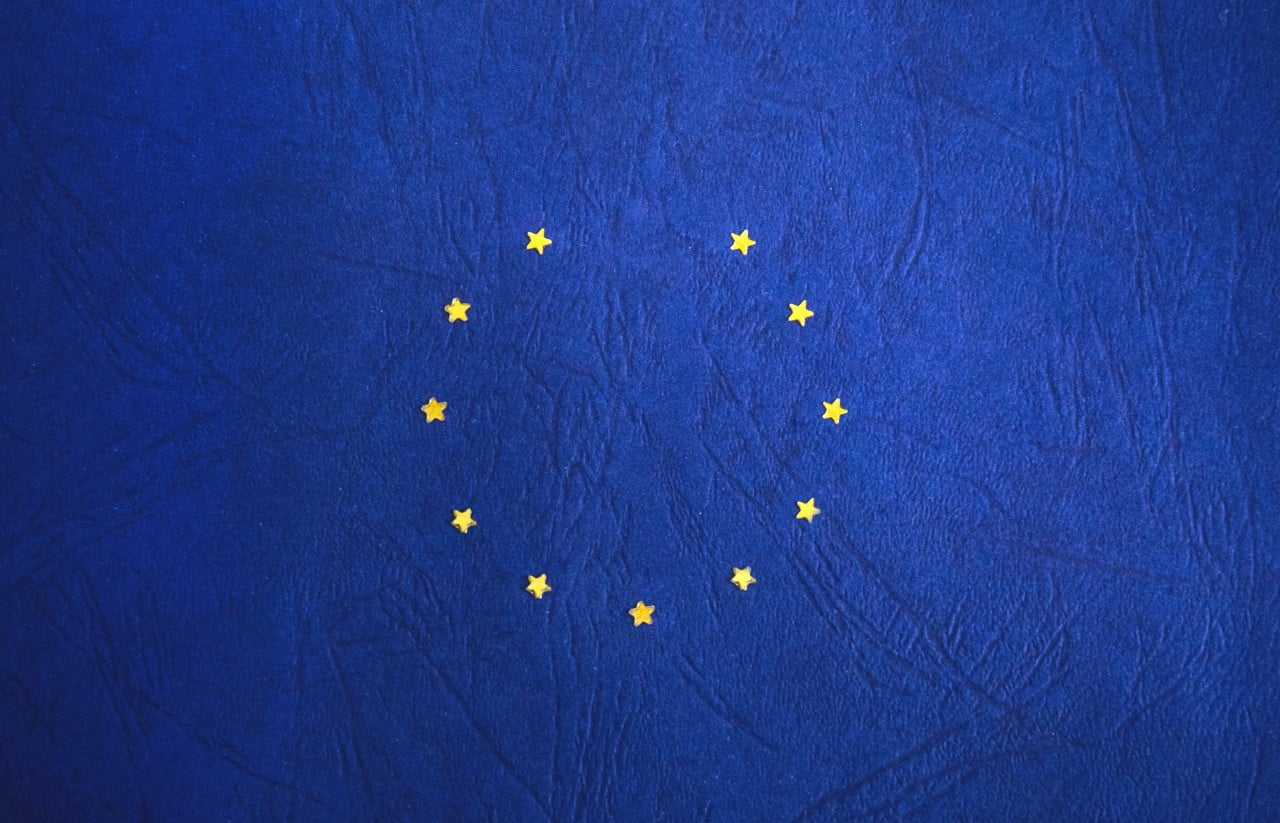The countdown to Brexit continues as the December 31 2020 deadline fast approaches. Will a deal be done? What happens now? With less than a month to go we take a look at the ramifications and actions required for British businesses that trade with the Republic of Ireland.
It is imperative that you have a clear agreement with your customer on what is happening. Since the terms on which you are selling to them are different (however much neither of you wanted that), you need to make sure that there are as few surprises as possible in the process. With as much uncertainty as we have in the current situation, no surprises may be impossible.
Logistics
– Can you make the customer buy from you in the UK and take responsibility themselves for the import into Ireland? Note – that this is more complex if you wish to transact in Northern Ireland where most of the benefits from simplicity for you are lost.
– If you are shipping it to deliver to your customer in Ireland, make sure that you have your logistics planned out. If you are using a freight forwarder then it is largely their problem ,but if you are going to continue using your transport, make sure you are insured (both goods and driver/vehicle) and up to date licenses etc and that your driver is aware of what he or she has to do for the process of getting through customs. Even if you are selling by post there are rules to investigate.
Documentation, Documentation, Documentation
The amount of documentation that is required for your export is likely to be more than you initially expect and the nature of it will be to some extent specific to the products which you are exporting.
You need to think about both exporting documentation from the UK and importing documentation into Ireland.
Key documentation points to make sure you have covered are:
– Make sure you now your EORI number (it starts with a GB and you should have been issued one if you are VAT registered trader – If you can’t find it or are not VAT registered, you should liaise with HMRC to sort this out).
– Make sure you have a plan for completing the customs declarations for export. If you are using a freight forwarder, you can largely ignore this, but if you are going to do it yourself, you need to:
– Register for the National Export system to make the necessary online declarations and make sure you can use it with your systems and for your products
– Work out whether you can and whether you want to use the simplified declaration procedure (note that this can just delay the documentation pain)
– Make sure that you have all the licenses that you need for exporting your goods (it may be none, as now, but it may have changed)
– Make sure that your labelling etc is compliant with the rules
– Make sure your VAT position is understood
– Make sure you have a plan for completing the documentation for import. This will be specific to the territory that you are importing into so even if you are accustomed to arranging importing of goods into, for example, Norway, you need to make sure you understand the Irish system. Again, if you aren’t using a freight forwarder you need to make sure you can provide the information for the Irish Automated Import System which was introduced on Monday 23 November 2020. This may need specialised customs software.
Payment
After Brexit there is a point at the import of goods into Ireland where VAT and Customs Duties will become payable. These will be crystallised by the customs declarations/Entry Summary Declaration but there still needs to be a clear process by which the payment of these costs is managed.
All of this ignores the enormous uncertainty over what is happening in Northern Ireland, which will be subject of a further announcements are made.
Here to help
Businesses face a growing challenge to get the right information to help them plan for and succeed in a post-Brexit world. Our team of experts are on hand to discuss Brexit challenges and issues facing your business. For more help and information tailored to your current circumstances, whether this be trading with the Republic of Ireland or anywhere in the EU, please contact enquiries@pmm.co.uk



